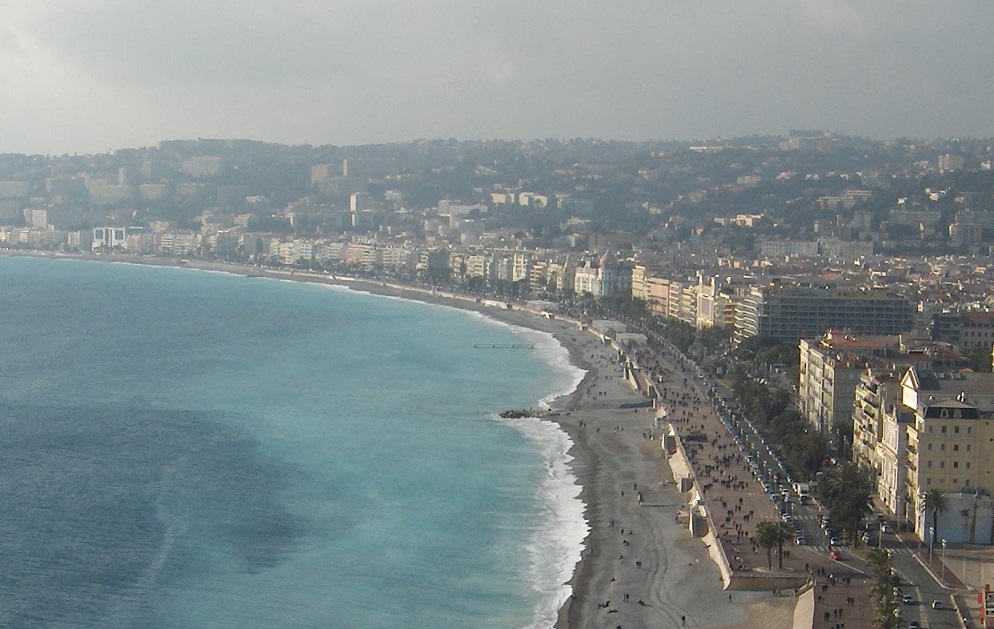This post is also available in:
 עברית (Hebrew)
עברית (Hebrew)
A group of students from University of California, Berkeley who were in Nice, France during the July 2016 terrorist attack are turning their grief into tech tools to fight terrorism.
California college student Anjali Banerjee was in Nice two years ago when a man plowed a truck through a crowd, killing 86 people and wounding 200, at what became known as the Bastille Day attack. The Islamic State group claimed responsibility for the attack.
In the chaos that ensued, she and her friends found it hard reaching the correct information about their fellow students reported missing or even going to different police stations. They later learned three students were injured, and a UC Berkeley junior was among the dead.
The lack of official information following the terrorist attack led the students to self-organize and rely on locals to navigate the city as they looked for their missing friends. Collaborating with each other and with the people of Nice made the students realize they could create a space in the digital world to help others do the same in the fight against terrorism, Banerjee said.
She and several classmates have founded a startup called Archer that builds digital tools to help journalists, investigators and human rights workers tackle terrorism, sanctions evasion, corruption and other global violence.
According to abcnews.go.com, the students built a free online platform that makes big data analysis and visualization easy to access and that helps track people and companies that have been sanctioned by the United States for crimes that include money laundering, corruption and terrorism.
Amnesty International is using one of its tools, Archer Meta, to verify photographs of the crackdown by security forces against minority Rohingya Muslims in Myanmar’s Rakhine state.
The tool identifies when and where the photographs were taken and can process 50 at once, unlike other readily available internet tools that upload one photo at a time and can pose a security risk, said Sam Dubberley, a researcher with Amnesty International.
The group’s data analysis tool helps also those investigating terrorist financing cases.


























